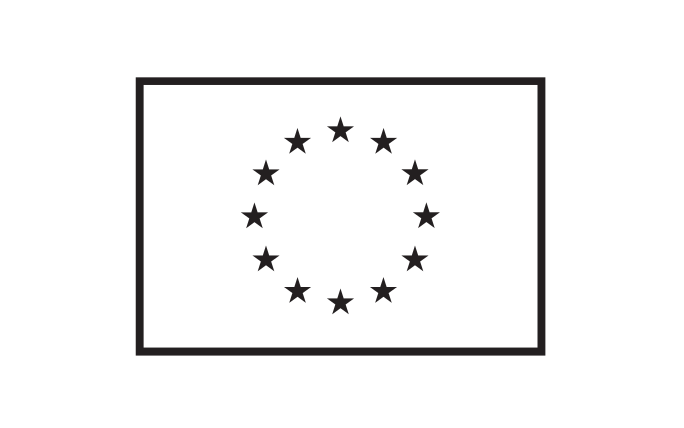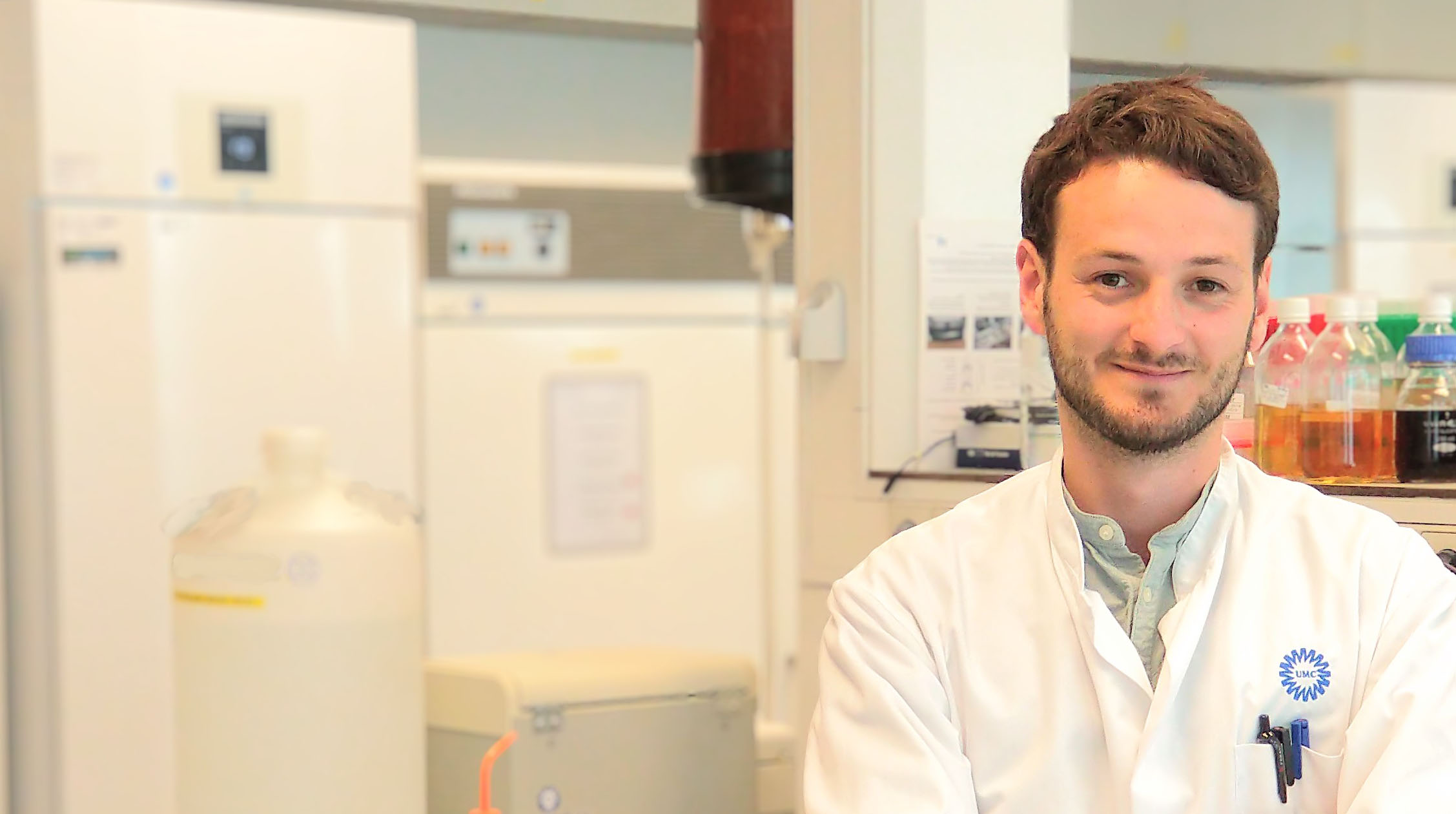Klebsiella pneumoniae is a Gram-negative bacterium that causes a wide variety of hospital-acquired infections. It can lead to severe disease such as pneumonia and urinary tract infections, especially in immunocompromised persons. In addition to intrinsic resistance mechanisms, K. pneumoniae has acquired resistance to several classes of antibiotics, and there have been reported cases of clinical isolates of multi-drug resistant Klebsiella that are resistant to all available antibiotics. Furthermore, K. pneumoniae has evolved various mechanisms to escape the human immune system.
Thus, to identify new strategies to treat K. pneumoniae infections, it is of great importance to understand the underlying principles of how this bacterium evades detection and killing by the human immune response.
The complement system is part of the first line of defence of the human immune response. Also known as complement cascade, it consists of a network of proteins that activates upon bacterial surface detection. Besides labelling the bacteria for phagocytic uptake and killing, the complement system can also lead to direct killing of the bacteria via the so-called membrane attack complex (MAC). The MAC is a multi-protein complex that forms a pore in the outer membrane of Gram-negative bacteria, effectively killing it because of the occurring structural damage. However, some K. pneumoniae strains have been reported to be resistant against MAC-mediated membrane damage.
The aim of this project therefore consists of indentifying Klebsiella proteins that interfere with complement activation, and deciphering the mechanisms by which complement-resistant Klebsiella strains withstand direct killing by the complement system.






